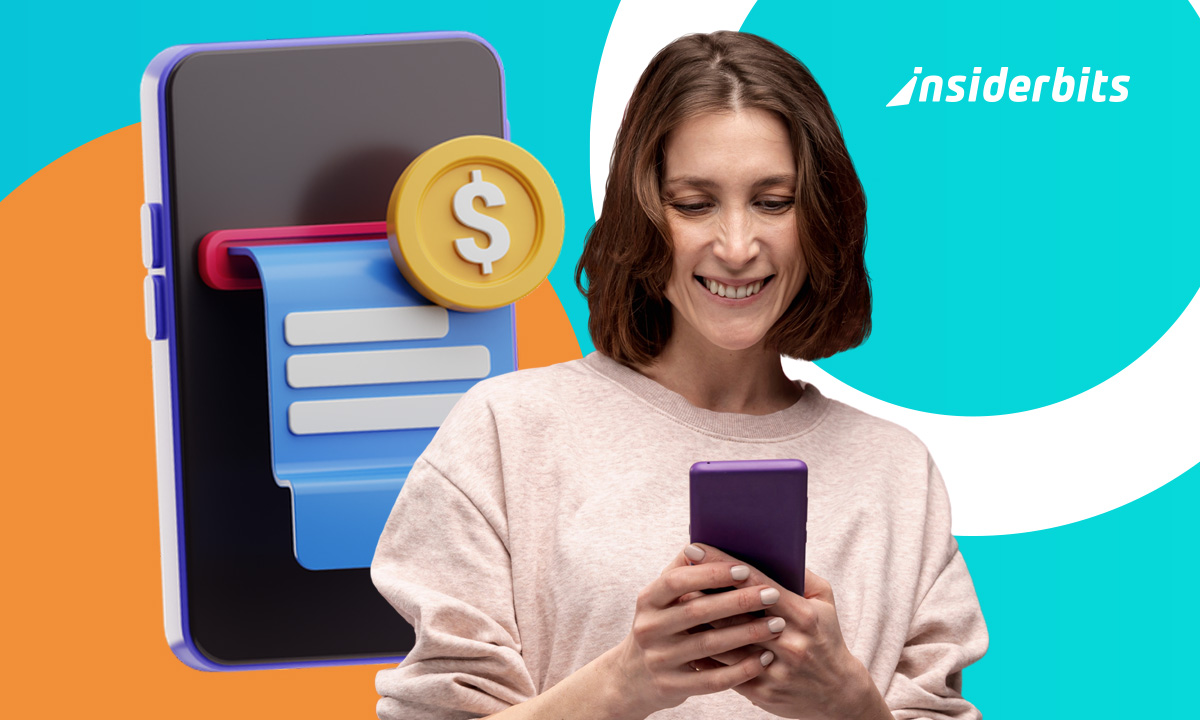Educational apps have become an increasingly popular way for kids to learn and engage with educational content. With the help of technology, children can now learn at their own pace and in their own way.
In this article, insiderBits has brought you a rank and guide to the top 5 best educational apps that your kids will love. We will also provide a short review of each app, along with its features.
These apps offer engaging, entertaining, and educational content to help support and aid gaps while keeping your kids entertained, whether they’re in preschool or high school.
What are some of the main differences between Educational apps for kids and Traditional classroom learning?
If you are worried about how your child will feel about learning with educational apps, here are some key differences between educational apps for kids and traditional classrooms:
Educational Apps for Kids:
- Educational apps allow children to learn at their own pace and in the comfort of their own homes.
- Educational apps offer a personalized learning experience for each child, allowing them to learn in a way that suits their individual needs.
- Educational apps can be a fun and engaging way for kids to learn new skills and concepts, which can help them become more interested in subjects they might otherwise avoid.
- Educational apps provide an attractive and visual user interface that allows students to interact with their devices, which can help them stay engaged and motivated.
- Educational apps can be also used in the classroom and create lesson plans, which leads to more participatory sessions.
Traditional Classroom Learning:
- Offers face-to-face interaction and socialization opportunities that may not be available with educational apps.
- Provides a structured environment that may be more conducive to learning for some children.
- Offers opportunities for group activities and collaborative learning.
- Provides immediate feedback and interaction with teachers and peers.
- Allows for hands-on learning experiences that may not be possible with educational apps.
Now that you know the main differences between educational apps and traditional classroom learning, let’s take a look at the Top 5 Best Educational Apps:
1 – Khan Academy Kids:

Khan Academy Kids is an excellent educational app for young children. It offers a wide range of educational content, including math games, spelling activities, and digital books.
The app is designed for children aged 2 to 7 years old. Parents can track their child’s progress and customize the learning experience to suit their child’s needs. The app is free to use and does not contain any ads or in-app purchases.
Khan Academy Kids Features:
- Offers a wide range of educational content, including math games, spelling activities, and digital books.
- Recommended for children aged 2 to 7 years old.
- Rated highly on both Play Store and App Store.
- Parents can track their child’s progress and customize the learning experience to suit their child’s needs.
- Free to use and does not contain any ads.
4.7/5
2 – ABCmouse.com:

ABCmouse.com is a comprehensive educational app that offers a wide range of games, books, puzzles, and more for children aged 2 to 8 years old.
It offers a personalized learning path for each child and tracks their progress. The app is free to download, but a subscription is required to access all the content.
ABCmouse.com Features:
- Offers a comprehensive range of educational content, including games, books, puzzles, and more.
- Recommended for children aged 2 to 8 years old.
- Rated highly on both Play Store and App Store.
- Offers a personalized learning path for each child and tracks their progress.
3.9/5
3 – Busy Shapes:

Busy Shapes is an excellent app for toddlers that helps them develop their cognitive and motor skills through interactive games.
It offers a wide range of puzzles and games that are designed to be both fun and educational. The app is easy to use and does not contain any ads or in-app purchases.
Busy Shapes Features:
- Helps toddlers develop their cognitive and motor skills through interactive games.
- Rated highly on Play Store.
- Designed for toddlers
- Easy to use and does not contain any ads or in-app purchases.
- May not be suitable for older children or those who are looking for more advanced educational content.
3.3/5
4 – Prodigy Math: Kids Game:

Prodigy is an educational app that helps elementary school kids learn math through interactive games.
It offers a personalized learning experience for each child and tracks their progress. The app is free to use, but a subscription is required to access all the content.
Prodigy Features:
- Helps elementary school kids learn math through interactive games.
- Rated highly on Play Store.
- Designed for elementary school kids
- Offers a personalized learning experience for each child and tracks their progress.
- Free to use, but a subscription is required to access all the content.
4.1/5
5 – Epic!:

Epic! is an excellent app for children aged 12 and under that offers a wide range of books, audiobooks, and videos for kids to read and watch.
It offers a personalized reading experience for each child and tracks their progress. The app is free to download, but a subscription is required to access all the content.
Epic! Features:
- Offers a wide range of books, audiobooks, and videos for children aged 12 and under.
- Rated highly on both Play Store and App Store.
- Offers a personalized reading experience for each child and tracks their progress.
- Designed for children aged 12 and under
- Requires a subscription to access all the content.
4.3/5
Advantages and Drawbacks of Educational Apps
Advantages of using educational apps for kids:
- Convenient accessibility to learning materials.
- A permanent source of education.
- Improved customer engagement.
- Diversified content.
- Interactive learning.
- Flexible Schedule.
- Improved comfort and skill with technology.
- Personalized learning experiences.
- Improved interaction.
- Access to online study material.
Drawbacks of using educational apps for kids:
- Distraction.
- Overstimulation due to excessive screen time.
- Decreased social interaction.
- Addictive and isolative nature of mobile devices.
- Dealing with technology can be difficult for some people.
- Oversaturation may happen.
- Students and families need to be independent.
Overall, educational apps offer many benefits for kids, including convenient accessibility, personalized learning experiences, and improved engagement.
However, there are also some potential drawbacks, such as distraction, overstimulation, and decreased social interaction. It is important to find the proper balance and use educational apps in an efficient way, without oversaturating the kids.
Hat Ihnen dieser Artikel gefallen? Fügen Sie den InsiderBits-Blog zu Ihren Favoriten hinzu und besuchen Sie uns, wann immer Sie neue und spannende Informationen über Technologie und vieles mehr erfahren möchten!





